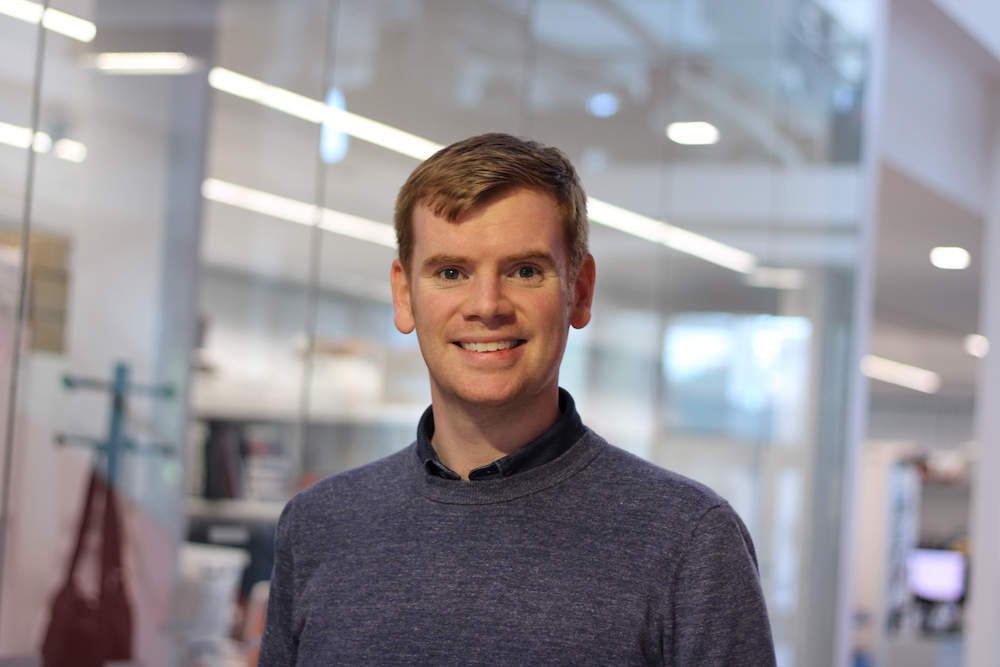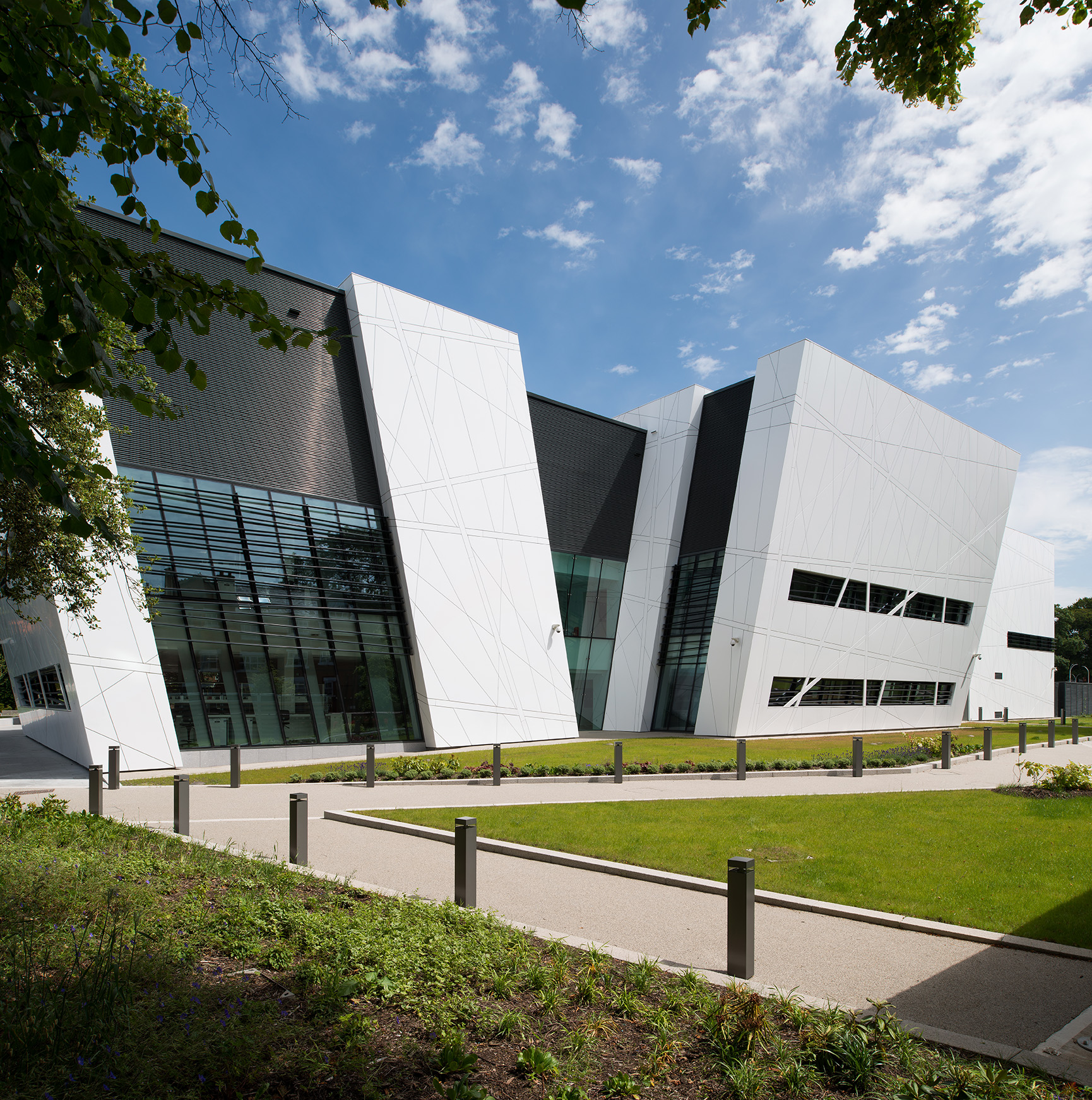Closing date: 04/04/2025
CRUK Black Leaders in Cancer Non-Clinical PhD Scholarship: Sugarcoating a bitter pill: Identifying how mucinous tumours use glycobiology for chemoresistance
Lead Supervisors: Dr John Knight
Co-Supervisors: Prof. David Thornton, Dr Paul Sutton
Applications Deadline: Friday 4th April 2025
Interviews: Week commencing 28th April 2025
Non-Clinical Studentship start date: September 2025
Project Keywords: Mucinous tumours; Chemotherapy resistance; Glycobiology
Research Opportunity: Non-Clinical Studentship leading to the award of PhD
Project Outline
Mucinous colorectal cancers are easily identifiable early in a patient’s care due to their extracellular glycan (sugar)-dominated mucus, which accounts for more than 50% of tumour volume. This early identification and the unique changes in the biology that separate mucinous from non-mucinous disease should empower precision medicine. However, no specific treatments exist for mucinous colorectal cancers. Instead, patients follow the same pathway as those with non-mucinous colorectal cancers. Unfortunately, on these parallel care pathways patients with mucinous disease have a significantly worse survival than those with non-mucinous colorectal cancer, in part due to a poorer response to chemotherapy.
Laboratory evidence has shown that cells from mucinous tumours are not innately resistant to chemotherapeutic agents, but rather that the glycan-rich mucus they secrete provides them with a chemoprotective microenvironment. We therefore need to develop specific therapies to target the innate biology of mucinous colorectal cancers to refine or replace the current treatments. To do this we first need to understand the chemoprotective microenvironment generated by mucinous tumours, then find ways to alter this for patient benefit. This project will make this step to improve clinical outcomes.
The student will join an interdisciplinary team using the unique opportunities available within the Manchester cancer research ecosystem to advance our knowledge of mucinous colorectal cancer. A partnership between academic research labs at The University of Manchester and surgical consultants at The Christie Hospital will isolate mucus from patient tumours and build on our existing living biobank of mucinous colorectal cancer. The student will leverage these resources to catalogue what chemoprotective mucus is made from, how these biomolecules interact with chemotherapy agents and identify targetable pathways required for mucus production. The student will gain extensive skills in molecular and cellular biology and importantly, an understanding of the glycobiology in colorectal cancer.
Applications for this project are now open. Please complete your application on the Windsor Fellowship website.
About Dr John Knight (project Lead Supervisor)
The Knight lab researches subtypes of colorectal cancer with unmet clinical needs. This includes tumours with specific driver mutations or physical properties. The lab collaborates closely with clinicians from The Christie Hospital to analyse patient tumours using cutting–edge biochemical and molecular methods. The aim of the lab is to develop innovative models and methods to solve specific clinically relevant problems for the benefit of cancer patients.

Key information
Before submitting an application, please ensure you have read the information below about the funding arrangements and eligibility for Non-Clinical Studentships.
We also encourage you to get in contact with the lead supervisor to discuss the project and any particulars.
Further information is available on the Non-Clinical PhD Studentships webpage.
The clinical fellowships are usually tenable for three years, although in certain circumstances they may be four years duration.
The Fellowship covers:
- running expenses,
- an appropriate salary in line with the applicant’s current salary and grade
- full coverage of University PhD fees at the UK/home fee rate.
International Candidates
The University of Manchester aims to support the most outstanding applicants from outside the UK.
We are able to offer a limited number of bursaries to high-performing EU and international candidates, covering PhD fees only. Bursaries do not include financial support for visa/health surcharges.
We assess each EU and international candidate’s suitability for a bursary at the application and interview stages.
This programme is aimed at students from Black heritage backgrounds pursuing a PhD in cancer-related fields. This scheme is open to people who self-identify as being from a Black heritage background, including a mixed background, for example: Black African, Black Caribbean, Black Other, Mixed background (to include Black African, Black Caribbean or other Black backgrounds).
The funding for this studentship covers students with UK Home tuition fee status only. However, the CRUK Manchester Centre are able to offer a number of overseas fee scholarships to candidates deemed appointable at interview. These scholarships cover fees only and do not visa costs. In exceptional circumstances, funding for the international health surcharge (for the student only and not dependents) may be made available.
The standard CRUK Manchester Centre PhD programme and studentship academic eligibility criteria are:
- A first or upper second-class honours degree (or equivalent from a non-UK university) in a relevant subject.
- Appropriate research experience as part of, or outside of, an undergraduate or masters degree course in a relevant subject.
- Appropriate English language skills.
Applications for this programme are now open. Please follow the steps below to complete your application:
Step 1: Contact the MCRC Training team to discuss your suitability for your chosen project.
Step 2: Visit the Windsor Fellowship website for further details and to log your application with them.
Step 3: Please then submit a full application for a BLiC PhD on The University of Manchester application portal.
Key dates
- Applications open: Monday 3rd March 2025
- Application deadline: Friday 4th April 2025
- Interviews: Week commencing 28th April 2025
- Start date: September 2025
Useful Links
Submit your application
Interested in applying for this opportunity? Go to the Windsor Fellowship website to submit your application.
Clinical Research Training Fellowships
Discover our various opportunities for clinicians looking to undertake a period of PhD training in a cancer-relevant field.
Get in Touch
Contact Dr Yasmin Noori Jenaghard, Postgraduate Programme Manager.
Researcher Stories
Read first-hand experiences of from cancer scientists from across Manchester.
Why Manchester?
Find out why postgraduate students choose to study in Manchester.
A Day in the Life of a Clinical PhD Student
Watch our short video to see what it's like to be a Clinical Research Training Fellow in Manchester.





